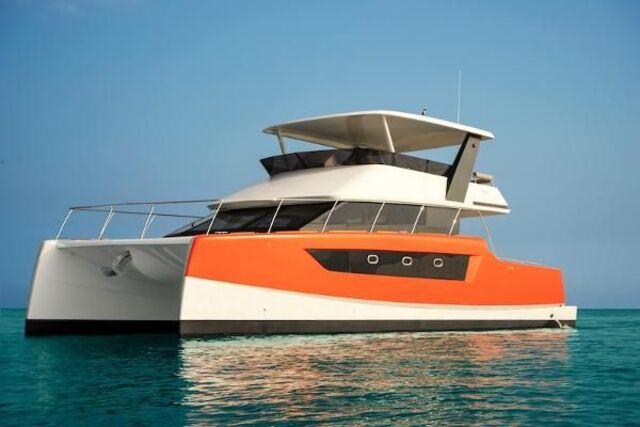Buying your first boat can be one of the most exciting and rewarding decisions of your life, but it can also be overwhelming if you don’t know where to start. Whether you’re looking for a boat to enjoy sunny days at sea, or to take on longer adventures, it’s important to have a clear guide before making such a significant purchase. From knowing your specific needs to understanding the maintenance and costs involved, there are several factors to consider to ensure you’re making an informed decision.
First, it's crucial to understand what type of boat best suits your plans and lifestyle. There are many options out there - from small motorboats for leisurely cruises, to luxury yachts for long, engaging trips. Defining the boat's primary use, as well as the number of people you plan to cruise with, will help you narrow down your options and focus on models that will offer the features you really need. Another key aspect is budget. When purchasing a boat, it's not just the initial purchase price that needs to be taken into account, but also long-term expenses. Maintenance, insurance, storage, and fuel costs can add up considerably. Setting a realistic budget, which includes all of these expenses, is essential to avoid surprises down the road. Make sure you consider all financial aspects before committing to the purchase.
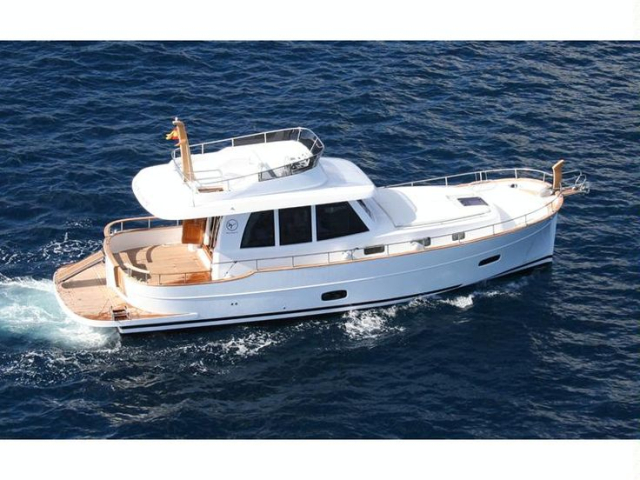
You may also be interested in: How to choose the right boat to buy?
Finally, it's important to know how to make a safe purchase. Whether you opt for a new or used boat, it's always recommended to have a thorough inspection done, and in the case of used boats, to hire a professional to assess its condition. Also, finding out about the boat's history and reviewing the legal papers will prevent problems down the road. Buying your first boat is a big investment, and taking the time to do everything right will ensure a safe and enjoyable boating experience.
Recommendations for buying a boat for the first time
-
Define your needs and objectives
Before purchasing a boat, it's essential to understand what you'll be using it for. Do you plan on recreational trips with family or friends, water sports, fishing, or long-distance voyages? You should also consider the environment in which you'll be sailing: open seas, lakes, or rivers? Also, determine whether you'll be using it sporadically or frequently. These answers will help you select the type of boat that best suits your plans.
-
Set a realistic budget
Buying a boat involves more than just the initial cost. Also factor in long-term expenses like maintenance, insurance, docking, and fuel. If you choose a second-hand boat, you may save on the purchase price, but you may face higher repair costs. Being clear about what you can afford without compromising your finances will help you make sensible decisions.
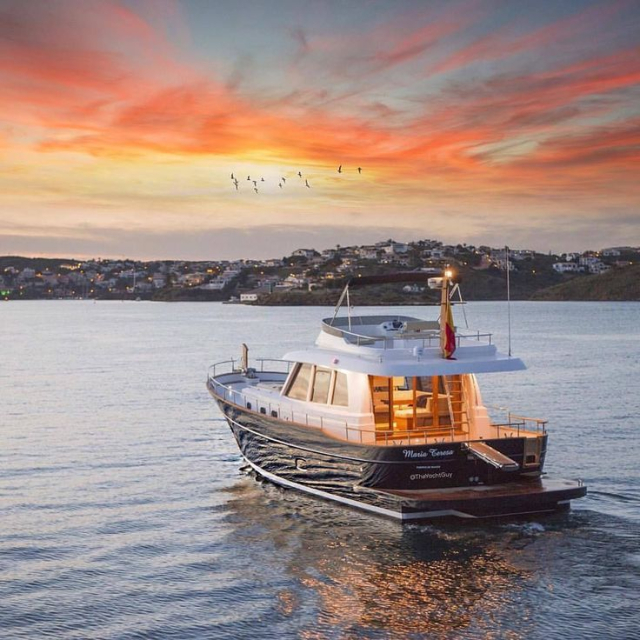
You may also be interested in: Recommendations for buying a boat
-
Investigate the different types of ships
There are different models to choose from depending on your needs. Speedboats are ideal for water sports and quick cruises; sailboats offer a more traditional and eco-friendly boating experience; catamarans are spacious and comfortable, ideal for families or long trips; and yachts offer luxury and comfort. Do your research and, if possible, test drive them in the water to make sure the boat you choose is the right one.
-
Know the local regulations and requirements
Each region has specific rules regarding boating. Find out if you need a license to operate the boat, what safety equipment is required, and if there are any restricted areas for boating. Knowing the regulations will not only ensure your safety, but will also help you avoid unnecessary fines.
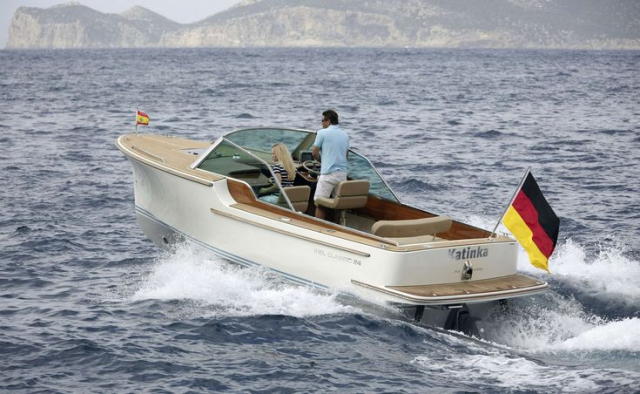
You may also be interested in: Ideal boats for overnight stays
-
Consider buying new or second hand
New boats offer the peace of mind of warranties and up-to-date technology. On the other hand, second-hand boats are often less expensive, but you should inspect them carefully to avoid hidden problems. Hiring a professional marine surveyor to assess the condition of the hull, engine and electrical systems is a worthwhile investment.
-
Learn to handle and maintain your boat
If you're a beginner, consider taking a boating course. Knowing how to maneuver, dock, and deal with emergencies on the water is essential for your safety. Also, familiarize yourself with basic maintenance, such as cleaning the hull regularly, checking the engine, and ensuring all safety equipment is in good condition.
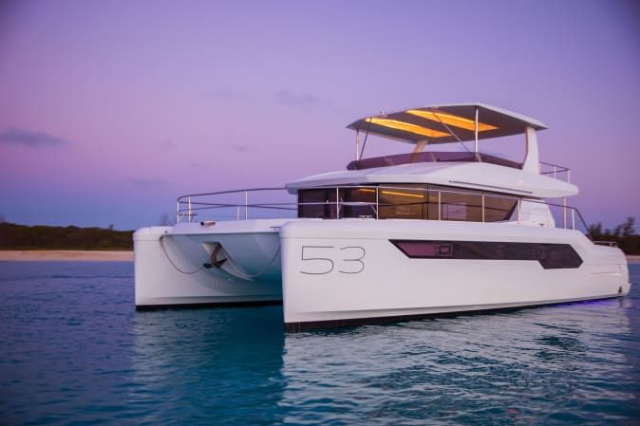
You may also be interested in: Hybrid boats
-
Think about resale
Even if you don't plan on it from the start, it's helpful to think about the boat's resale value. Some makes and models tend to hold their value better than others. Researching the boat's reputation in the market can be a key factor in choosing your initial purchase.
-
Seek professional advice
Working with an experienced boat broker or dealer can make the entire process easier. They can help you find options that fit your needs, negotiate price, and ensure you're getting a quality boat. A trusted advisor can make all the difference in your buying experience.
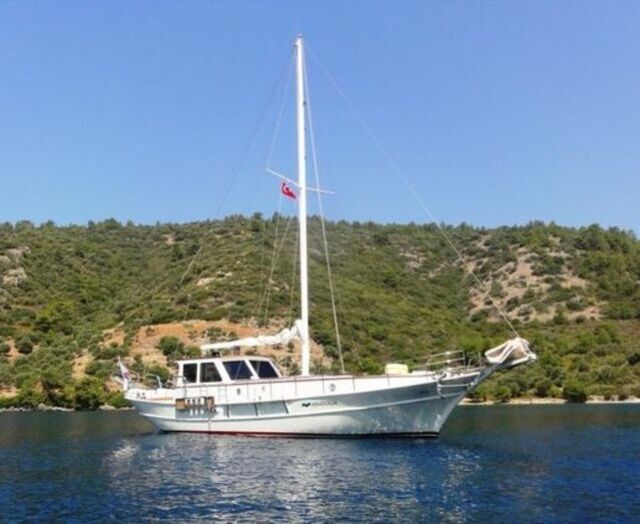
You may also like: The best nautical apps
-
Consider the storage and transportation of the boat
Before you buy a boat, think about where you'll store it and how it will be transported if necessary. For small boats, you might choose to store it at home with a trailer, but you'll need a suitable vehicle to transport it. For larger boats, you may require space at a marina or boat club, which can incur additional mooring and maintenance costs. Be sure to research local options and compare prices to factor these expenses into your budget.
We invite you to take a look at other articles at: https://yate.co/en/blog


